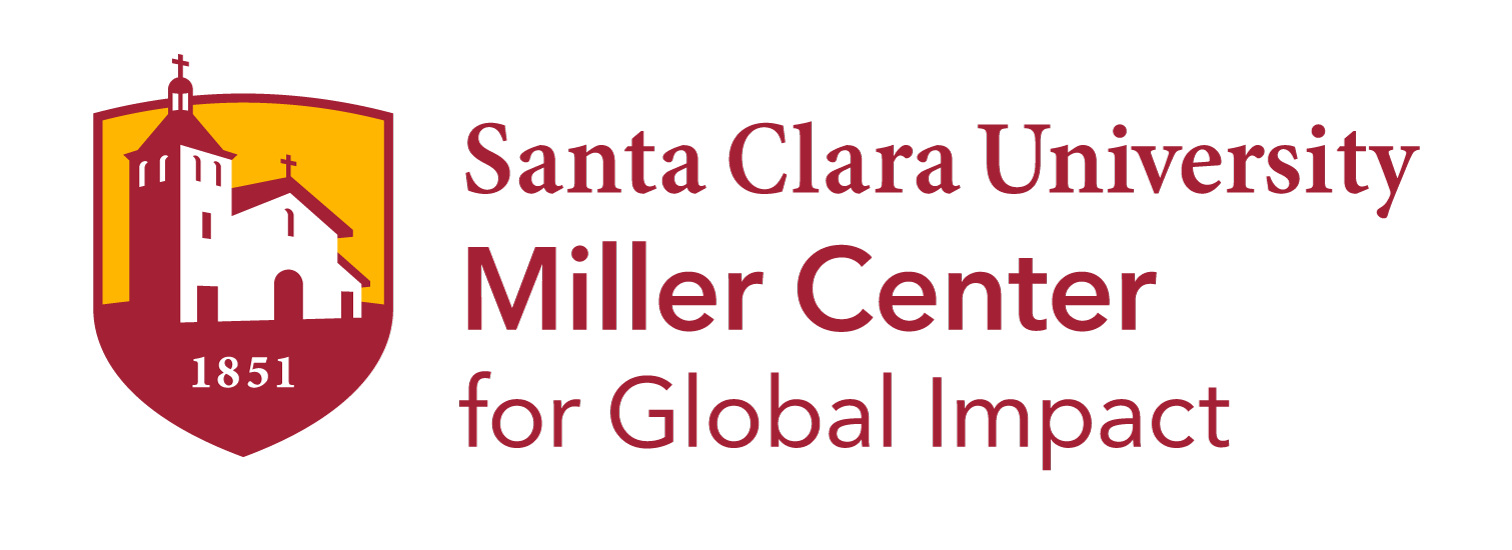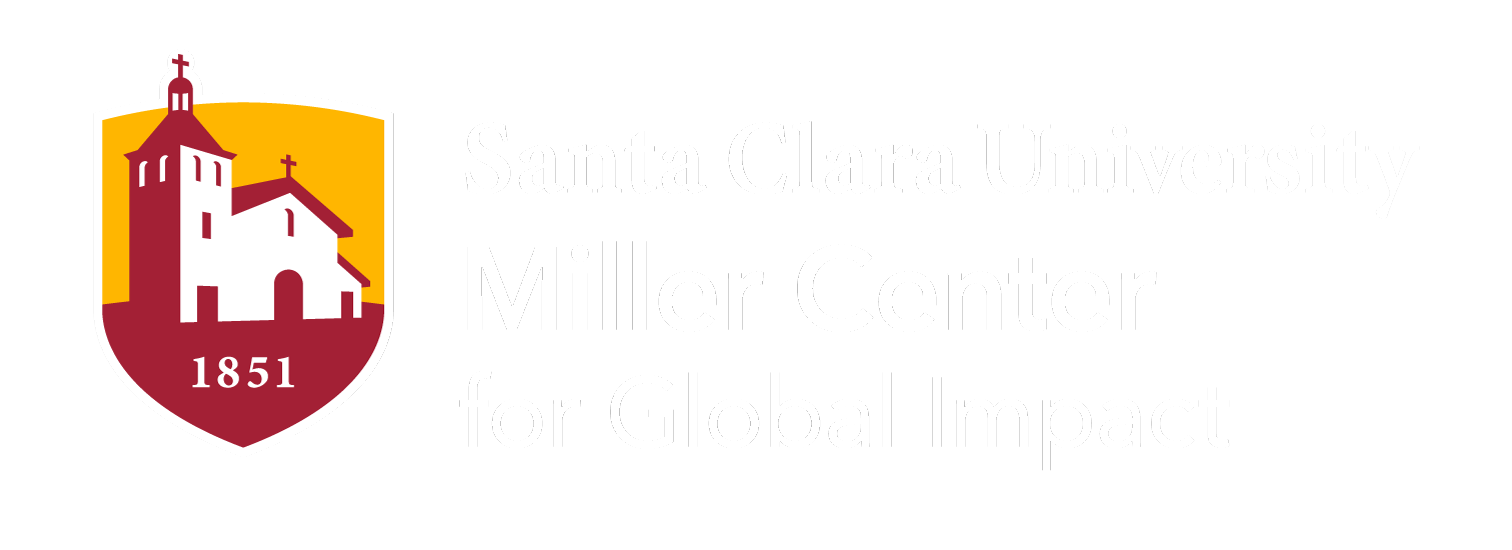In addition to the 300 million people in India who lack access to electricity, 100 million more have access for less than four hours per day. Together, these energy-poor Indians account for almost one-third of the entire global population that lacks access to electricity. The United Nations’ Sustainable Development Goal #7 (SDG7) aspires to “ensure access to affordable, reliable, sustainable, and modern energy for all” by 2030. In India, the most visible progress in addressing energy poverty is in connecting greater numbers of people to electricity grids. However, even if the grid is present, it may not provide the reliability or quality of energy access that consumers demand.
 Off-grid solutions will, therefore, play a major role in providing access to usable energy, particularly for low-income communities—which are predominantly rural8 and where lack of energy access is greatest. It is estimated that almost one-half of all new global energy access connections made through 2030 will be provided by off-grid or mini-grid systems, requiring investment of over US $275 billion10. Access to clean, reliable sources of energy can have a broader transformative effect on development through positive impacts on health, education, and economic development11, in particular women’s economic empowerment12.
Off-grid solutions will, therefore, play a major role in providing access to usable energy, particularly for low-income communities—which are predominantly rural8 and where lack of energy access is greatest. It is estimated that almost one-half of all new global energy access connections made through 2030 will be provided by off-grid or mini-grid systems, requiring investment of over US $275 billion10. Access to clean, reliable sources of energy can have a broader transformative effect on development through positive impacts on health, education, and economic development11, in particular women’s economic empowerment12.
The technology exists to provide access to energy, either via grid connections, distributed renewable energy, or both; however, financially viable business models do not exist. A viable business model in emerging markets must be able to address challenges of financial and human capital constraints. In addition to building a viable business, many enterprises in emerging markets also participate in building the market environment in which they will operate—requiring a diverse set of partners across public and private sectors13. There have been many efforts to address these challenges. While few of these efforts have succeeded, they have provided some important lessons. Sharing these lessons will increase the probability of future success.

